The first time I saw her, it was already apparent—that unyielding look of stubborn determination. I didn’t become her mother until she was four months old, and by the time I first saw her face animated—on a 30 second video clip that I received via email—she’d already learned to make it, learned to hold it. It was an expression that told the world that she was in control, even though her 19-year-old, desperately poor, birth mother had given her up, courageously signed her life over to strangers. As I watched the video of my daughter—then called “Maria” after her biological mother—I searched her face for signs of distress and detachment; the former emotion was absent, but the latter was apparent. In an attempt to make the infant adoptee smile for her American parents, the Guatemalan adoption worker held her above her shoulders, lifting my daughter lightly up and down, up and down. Maria’s expression didn’t change for the first 29 seconds, making me nervously wonder what challenges were ahead, how I would breach her impenetrable façade. Though, in the last second, a look faintly flashed across her face—the corners of her mouth turned up very slightly, her eyes softened. It was nowhere near a smile, but simply a vague indication that she was capable of letting go, of letting someone in.
At almost six years of age, my child now laughs easily; she also readily dons the opaque mask that she conjured in her first months of life. It took years for her to volunteer her affections to her grandparents, cousins, and aunts and uncles. She is sensitive, her feelings are readily hurt. Emotional infractions are declared without warning, often for inexplicable reasons. She is nonetheless delightful, as, while her attachment to us came gradually, when it came the bonds were strong and deep.
I envision her returning to Guatemala someday, traversing the ground on which her mother walked when she was pregnant—when they were both “Maria.” I think of how her resolute nature will serve her if she travels those roads and sees the poverty and desperation of a people whose history is fraught with centuries of colonialism and oppression. I wonder how my mothering of this child fits into this history. Have I colonized her mind and body, making an “American” out of her?
Sometimes on days when she’s difficult—when she’s defiant, angry, and even hateful—I think of her ancestors and imagine that they are releasing an infinitesimal fraction of six hundred years of collective pain and angst over their past through this Guatemalan-American girl. Then, I come back to the moment and give her want she wants. And love her madly.


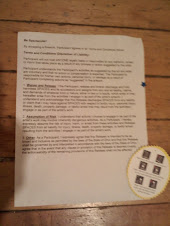
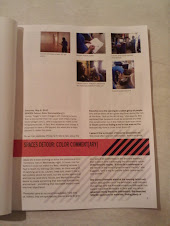













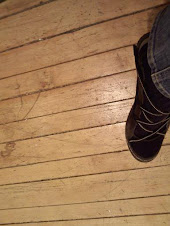





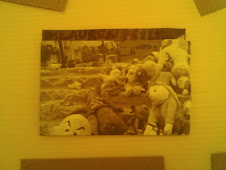







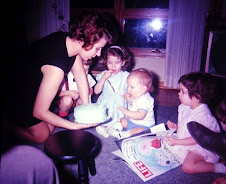



No comments:
Post a Comment